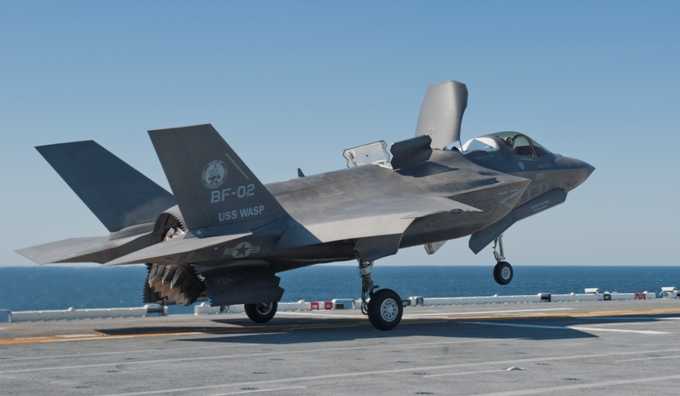the draft European concept for the evacuation of nationals
(B2) In a document, prepared by the General Staff of the European Union, of which I obtained a copy, the military describes what could be an EU concept of evacuation of citizens with the use of military means . "It is the Member States who are primarily responsible for the protection and evacuation of their citizens" explains this document "But in certain circumstances, they can have recourse to the European Union".
The “Concept” therefore describes the principles for the use of military means in evacuation operations in the face of different scenarios, also addressing certain specific aspects (legal, for example).
A slow history. The operations carried out during the Tsunami in Indonesia in December 2004, or in Lebanon in July 2006 have, in fact, "shown the need to continue thinking about
evacuation operations, which may involve EU military assets”. Following the "Evac 2006" exercise in 06, the COPS also asked the military experts to think about
a European crisis concept. The Eufor RD Congo operation has also "shown the need for deployed military forces conducting emergency operations, contingency plans as well as a need for Member States to inform the Force Commander of their emergency plans. 'evacuation'.
Three alert levels. If the environment is always new and unpredictable”, the European concept defines several scenarios according to the levels of instability.
1st level, “permissive”: no resistance or hostile action to the evacuation, the “host” State agrees to or even supports the evacuation. The use of civil planes, regular or charter, and boats is possible. Military forces are not necessary from a security point of view but can be useful as logistical support or for transport or emergency medical treatment.
2rd level, “uncertain”: the “host” government does not have full effective control of its territory. There are elements, armed or unarmed, organized or disorganized, which create a climate of insecurity and a threat to evacuations.
3rd level, “hostile”: personnel must be evacuated under conditions of civil disorder or terrorist action. A military force is necessary to establish security perimeters, escort convoys. The security forces of the host country cannot support or even thwart the operation. In all cases, an evacuation operation is intended "to move non-combatants under threat in a foreign country to a place of safety. Such movement may be temporary or permanent".
The European response can be as diverse as the circumstances. The EU can use a dedicated force, such as a Battle group. The use of a European force (mission or ESDP operation) already in the area can be envisaged or the European General Staff can develop a specific "emergency plan". If the use of a “tactical group is not appropriate”, the operation can be conducted using the notion of Framework Nation, its designation then being made “as quickly as possible” between the States concerned. Coordination and possible cooperation can be facilitated through continuous exchanges of information at the strategic level in Brussels or at the operational level in the country concerned.
The legal basis of the intervention largely depends on the "attitude and availability" of the authorities of the country concerned. Lack of time will usually not allow for the negotiation of a Status of Forces Agreement (SOFA), experts say. But, "as far as possible" additional diplomatic clearances and arrangements can be negotiated. If this is impossible, European forces may be “in a position to conduct this operation independently”.
The use of force will be limited to "self-defence" and "proportionate" - i.e. "what is necessary to protect the lives of evacuees, as well as freedom of movement". If the operation takes the form of an ESDP mission, “the usual instruments, including a Joint Action, are required”. In any case, the evacuation must be "carried out on a voluntary basis, the citizens of the Member States being able to refuse to be evacuated".
(NGV)
